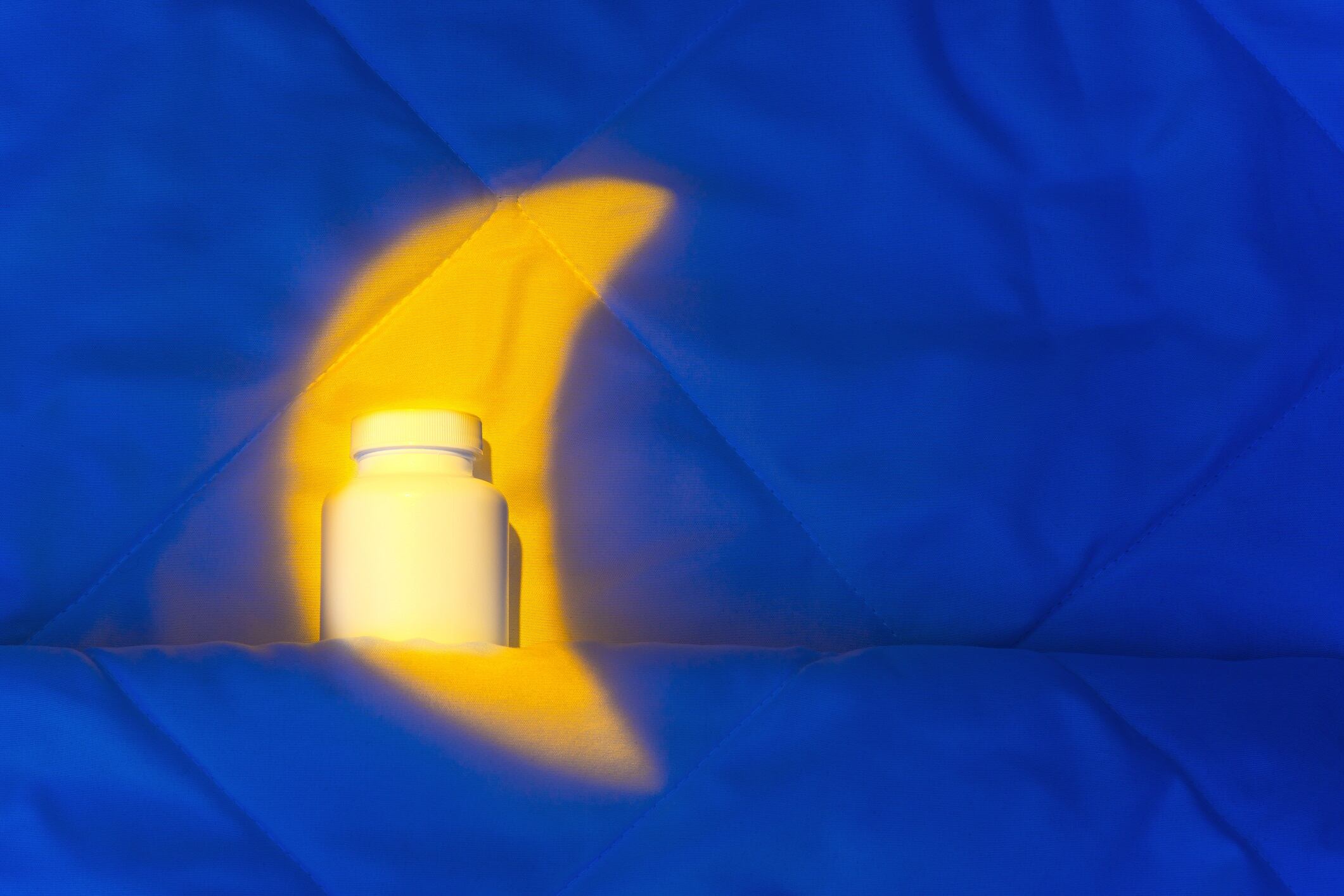The study, published in Nutraceuticals, found that there were significant disparities in the advertised melatonin content and the true content in 11 out of the 13 products tested.
Professor Marino Bañón Arnao and colleagues also found strong evidence of melatonin degradation over a three-year period, suggesting a possible need to re-evaluate expiry dates.
“The sale of melatonin supplements that combine synthetic melatonin and herbs has become widespread, without estimating the actual contents of phytomelatonin or other ingredients,” Professor Bañón Arnao told NutraIngredients. “We found that the amounts of synthetic melatonin present in food supplements do not correspond to the labeling. In addition, there is no significant supply of melatonin from the plants, or herbs, that make up the supplement.”
Melatonin and sleep
Melatonin is an indoleamine, a class of neurotransmitters and hormones that play crucial roles in mood and sleep.
In humans, melatonin secretion takes place in the pineal gland in the brain and is regulated by a circadian rhythm that peaks during nighttime secretion. Melatonin supplements are therefore commonly used to aid sleep and relaxation.
In supplements, synthetic melatonin is commonly used, with few containing phytomelatonin which is derived from plants. Structurally, they are the same molecule, but the synthetic version comes with “undesirable byproducts,” according to Professor Bañón Arnao.
“The functionality on sleep is provided by the melatonin molecule, regardless of its synthetic or natural origin,” he explained. “However, synthetic melatonin [may contain] undesirable byproducts. In addition, the use of natural melatonin from plants—phytomelatonin—entails a plus in terms of natural and healthy components such as phenolic antioxidants, carotenoids, tocopherols and many others, from plant extracts.”
Labelling disparities ranged from 5% to 67%
The researchers therefore set out to quantify melatonin and phytomelatonin levels in phytotherapeutic preparations aimed at improving sleep and anxiety, as well as analyze shelf-life based on the amount of melatonin degraded after three years.
In total, 11 out of the 13 tested supplements had deficits, with alleged disparities greater than 10% in nine products. The researchers also alleged that 30% of the products had “very high deficits outside the regulations.”
The researchers suggested the biphasic nature of some of the supplements may have contributed to these large differences.
“Although biphasic tablets, which separate the synthetic melatonin layer from that of the herbaceous components, apparently aim for a higher stability and differential bioavailability of both components, this does not seem to be an ideal strategy in terms of their stability,” they explained. “This dual composition could destabilize synthetic melatonin, obtaining much lower valuations than those established during the manufacturing process.”
Seven of the supplements were then tested three years later, with the researchers finding a strong degradation that varied from 24.2% to 47.1%.
“Thus, all the data seem to indicate that in addition to possible deviations in the amounts of melatonin formulated, the time elapsed since its manufacture seems to be a key factor in terms of the degradation of melatonin in these supplements,” they wrote.
Of all the tested products, only two products contained extra melatonin content at 31.1% and 100% respectively.
“Only in supplements with extra melatonin content can we assume that their botanical components truly provide phytomelatonin, which is added as chemical melatonin in all other products,” the researchers said.
Moving from synthetic to natural melatonin
In light of the findings, Professor Bañón Arnao said he and her colleagues are now working to produce and market supplements rich in phytomelatonin and its extracts.
“My research group at the University of Murcia has been searching for 20 years for plants with high phytomelatonin content to use as components in supplements for sleep and relaxation,” he said. “The challenge has been to obtain plants with enough phytomelatonin in their tissues to make it commercially interesting.”
Professor Bañón Arnao says the new product, PbS-Phytomel, could have potential applications not only in humans but also in animal nutrition.
“We are not trying to compete with the immense world of synthetic melatonin, but we do believe that, as far as possible, we can move forward and use natural melatonin—without chemical residues and byproducts —by incorporating phytomelatonin into some supplements, functional foods and cosmetics.”


